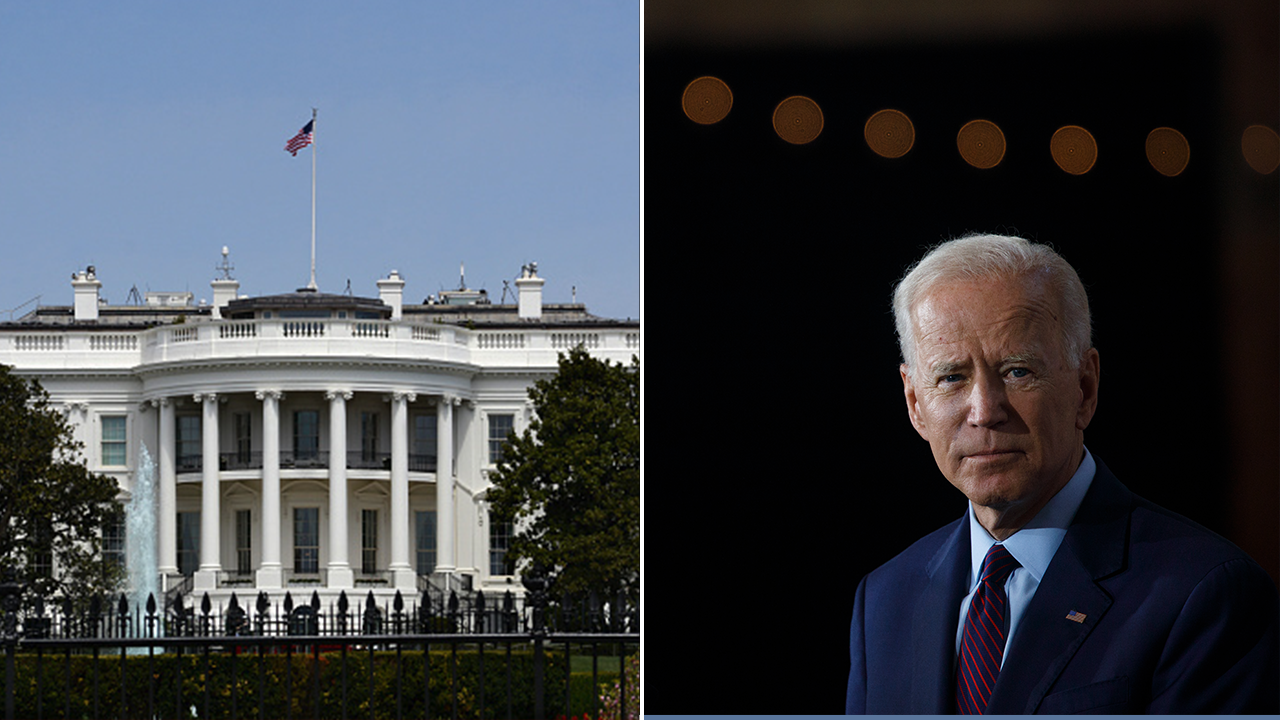The Olympics are traditionally the world’s premier sporting spectacle, and the ongoing Paris edition has amply fulfilled that role. But the event is also a major economic undertaking, and this one is no exception.
Why has the International Olympic Committee (IOC) repeatedly faced corruption allegations? How do Olympic athletes make a living? And are Olympic outcomes a reflection of countries’ economic strength?
Those are a few of the questions that came up in my recent conversation with FP economics columnist Adam Tooze on the podcast that we co-host, Ones and Tooze. What follows is an excerpt, edited for length and clarity. For the full conversation, look for Ones and Tooze wherever you get your podcasts. And check out Adam’s Substack newsletter.
Cameron Abadi: The International Olympic Committee is tasked with coordinating this multibillion-dollar project and yet repeatedly struggles with issues like corruption and doping. How did this organization evolve in a way that allowed those problems to fester, and why is there seemingly no oversight over it?
Adam Tooze: It’s a nongovernmental organization that operated on a shoestring essentially through to the 1970s. So there wasn’t much reason to be corrupt about it because there wasn’t much money flowing through it. But from the early ’70s, the IOC began to realize that there was money to be made through television rights and through commercial sponsorship. And so that has essentially driven a huge increase in the IOC’s revenue. And so in the current cycle, from 2017 to 2021, the IOC generated $7.6 billion in revenue, 61 percent of that coming from broadcast rights and 30 percent of that coming from sponsorship and then various types of membership fees. And so this is the modern form of the Olympic governance structure, which is a sort of self-appointed, self-selecting group of national representatives who preside over a kind of global licensing agency for sport associations, all of which are clustered together by the desire to stay within the revenue flow generated by the competitions, which generate these large flows of sponsorship and TV rights.
And it’s a disaster waiting to happen, especially in the phase when competition for the right to hold the Olympics was fierce. And so there were a whole series of bribery scandals: Nagano in 1998, the Salt Lake City games, there were accusations ahead of the Rio Olympics, potentially illegal payments were made in the course of the Tokyo selection. I have to say, if anyone knows anything about high-pressure event management/construction projects—and essentially the Olympics are a ghastly hybrid of those two forms—it’s not surprising to discover that selection processes are not squeaky clean and that side payments are made to make things happen. This is a fairly murky world of easy come, easy go relationships with not a lot of repeat business among insiders. So none of that I find particularly surprising. And the stakes are relatively small by global standards, after all.
CA: How can people afford to be Olympic athletes at all? Most of the competitions involve quite niche sports that require constant training year-round, but there are really no lucrative year-round leagues. What is the economic model for someone who wants to make it as a fencer, say, or a high jumper or pole vaulter?
AT: Yes, I think this is where the discrepancy between the billions of dollars flowing through the sponsorship funds and the reality for most Olympic athletes worldwide really does become glaring and scandalous, because while they’re in the youth stages and within the education system, athletes are stars of training programs. But once they get into the critical competitive stage in their 20s, life is tough. I was really quite horrified, to be honest, reading into this. Ten thousand people might participate in modern Olympics. The majority of those are really sacrificing for their commitment to the sport. This is the antithesis of professional soccer players or American football or baseball or basketball players who are earning millions of dollars. For the sake of comparison, the minimum pay for a player on the practice squad this year in the [National Football League] is $16,800 per week. On the practice squad. For baseball, players in the minor leagues are paid a minimum of $60,000 per season. And those are both multiples of what athletes in less favored disciplines could expect to be able to earn during their training periods.
For the Olympic medals, a gold-medal finish earns you $37,000 in prize money, $22,000 for silver, and $15,000 for a third-place finisher. But if you think about the costs of training, of living, of dealing with medical bills, which could run to $40,000 per athlete, this is a losing proposition. In other words, you are paying for your passion. You’re paying for the glory. Certain countries compensate their athletes very generously if they achieve great things in the Olympics, for the honor of their country. But that really varies by country. And it limits your ability to follow any other profession. People are basically living on minimum wage for a large part of their competitive career. It’s really quite extraordinary. And so the gap between that and the feather-bedded sports bureaucrats swanning around from meeting to meeting, all expenses paid, with a $1 billion slush fund to play with, is pretty glaring.
CA: What are the broader economic benefits of hosting the Olympics beyond the immediate revenue?
AT: So this question has gone back and forth over the more than half century, really, of the modern era of the highly commercial Olympics since the late ’60s and early 1970s. The costs have escalated. We’re now talking, for the really large Olympics in Russia and China most recently, of spending that probably ran to tens of billions of dollars. The Paris Olympics, if they keep the bill under $10 billion, will be the cheapest Olympics since the [1984] Los Angeles Olympics, which was famously the most commercially successful. And they were able to keep the cost low because they basically used the Californian sports infrastructure that was already in place and made a profit. The Olympics business has been sort of on a boom-to-bust cycle in which, after Munich in the early ’70s, it was very difficult to get anyone to bid. It was seen as a poisoned chalice. And then they made a lot of money in Los Angeles. And then competition spiraled. And by the ’90s and the 2000s, there was fierce, fierce, fierce competition for the option to deliver the Olympics. We’re now in a situation where Brisbane, Australia, which will host the 2032 Summer Games, is the first city to win an Olympic bid unopposed since Los Angeles did in 1984. So people have realized—they woke up and smelled the coffee.
The answer to your question, as we can observe through what’s called among economists “revealed preferences,” is that when they’ve done the math, no one can actually figure out how to make a profit out of this business. It doesn’t seem to add up. Certainly, in the case of the London Olympics recently, there was a fall in tourist revenue. The legacy argument never seems to work. Paris convinced itself to do the Olympics on the basis that they could use the sports infrastructure that is already amply provided in Paris. They have failed to build a large amount of the infrastructure. A very large part of the city is shut down right now, and hundreds of thousands of tickets are waiting to be sold. I know my daughter had tickets to go to the Olympics this year in Paris—she won them in the lottery and decided to pass them on because the prospect of visiting Paris at this time of year is daunting in any case but doing so in the Olympic season was just really not a very attractive proposition. So I think really the idea of the Olympics as a huge tourist draw is increasingly unconvincing, and we’re seeing that in the reality. We’re seeing that in the fact that cities simply aren’t bidding.
CA: China has been described as having a state-driven strategy for this event. Is that truly distinct from the sporting development models that are pursued elsewhere in the world?
AT: I think the short answer to this is no. So the odd country out—if there’s an odd country in terms of the Olympic training program—is not China but the United States. The U.S. doesn’t have significant federal government funding or any other public mechanism for funding its huge sports infrastructure and its huge Olympic success. Most other countries in the world have national state-sponsored programs or public-private partnerships with a lottery, for instance, that provides a flow of funds and is earmarked. So just to give some points of comparison, Australia, which does very well at the Summer Olympics, spends about $124 million. That’s a country with a population of 26 million people, so they’re spending about $5 per person. The U.K. spent 220 million pounds for the Tokyo cycle for a population of 67 million. So again, that’s in the sort of maybe $4 range per person. China, with a population of 1.4 billion, 20 times as much as the U.K., raised its spending from $1 billion in 2021 to closer to $3 billion in 2023. So that’s about $2 per person. It’s just below the rich-country kind of average, in no ways exceptional. If you’re looking for a really exceptionally heavy public spending program, it’s not any of those; it’s Norway. So Norway, with a country of 5 million people, spends $400 million in sport sponsorship from which its Olympic team benefits. That’s $80 per person. But then Norway, you know, it’s so rich—it’s got this huge sovereign wealth fund—so it’s fairly typical of the choices they make.
What I think does tend to freak external Western commentators out about the Chinese sports training program is it starts so young. So China selects promising athletes at the age as young as 4, and it has a system of 2,000 state-run sport academies in which these very young people are put through highly intensive training programs.
CA: In light of all this, should we be thinking of Olympic competitions as fair at all? I’m not referring here to doping but more in the sense of material inequalities that we’re talking about here across countries and how those inform sporting development and, from there, sporting outcomes.
AT: The simple answer is no, it’s not fair. And ability to compete is often associated with size because you’re basically looking for freakish outstanding talent, and so the bigger pool you have to draw from, the more likely you are to find that kind of talent. The other thing that’s decisive is GDP. And so broadly speaking, the Economist found that share of global GDP by itself explains 55 percent of the variation in Olympic medals won. It doesn’t explain everything. There’s always going to be a Jamaica, where you have relatively low GDP per capita, a relatively small country, and nevertheless this absolutely outstanding tradition of sprinting that is very unusual. But broadly speaking, a 10 percent higher income per capita predicts a 7 percent increase in medals per country. So United States and China are more or less exactly where you’d expect them to be on this kind of curve.
The post Why It’s Hard to Cash In on the Olympics appeared first on Foreign Policy.



















